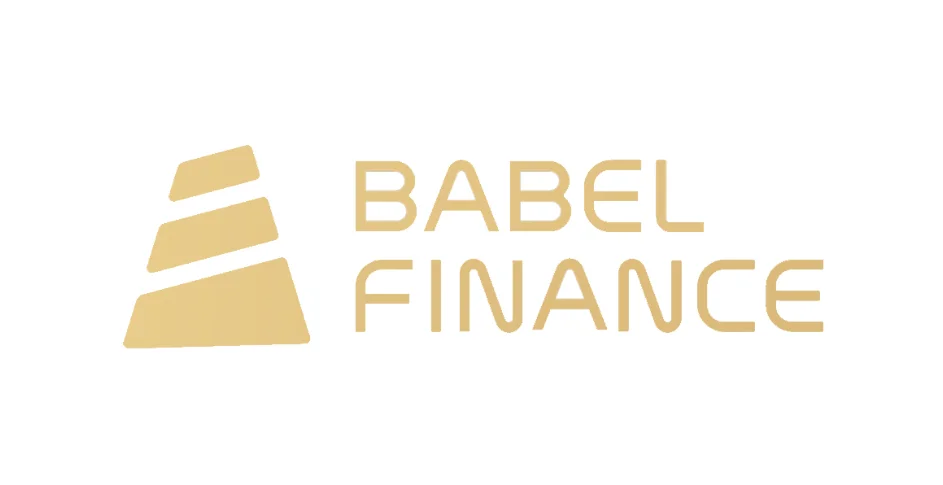Troubled cryptocurrency lending company Babel Finance has received more than a year to repay debts to its creditors in Singapore after suspending withdrawals in June 2022.

Bloomberg reported on April 18 that a court in Singapore had extended Babel Finance’s creditor protection by three months.
Babel co-founder and former CEO Flex Yang said the moratorium will last until July 21, allowing the company to pursue its reorganization plan via the Hope decentralized finance (DeFi) initiative. A few years after stepping down as CEO in 2021, Flex returned to supervise Babel’s restructuring process.

Babel’s reorganization plan entails issuing new tokens dubbed “Babel Recovery Coins,” which are intended to generate revenue for the beleaguered lender to repay up to $800 million to its creditors.
Flex also stated in an open letter on Twitter that the Singapore High Court heard Babel’s petition for bankruptcy protection on April 17, formally initiating the in-court reorganization process. He noted that the Hope project would be his primary concentration in the future, stating:
“In the coming international political changes, HOPE will be an important tool for us to reconnect the world. […] We are confident that our new team will continue to use their hope and light to move the new project forward.”
As previously reported, Flex’s co-founder launched the Hope DeFi project in the middle of March 2023, positioning the initiative as a combination of DeFi and centralized finance to provide DeFi-level transparency and security and centralized finance-level access.
Yang Zhou, an additional Babel co-founder, introduced the Hope project in early March, characterizing its native Babel Recovery Coin as a stablecoin issued as collateral based on Bitcoin and Ether.
The token is intended to maintain its 1:1 parity with the U.S. dollar through merchant arbitrage incentives. Due to the bear market in cryptocurrencies in 2022, Babel was one of many crypto lending companies that faced severe liquidity issues.
In June, the Hong Kong-based company halted withdrawals and redemptions of its products, citing unusual liquidity pressures. According to reports, Babel lost $280 million in proprietary customer funds transactions.
